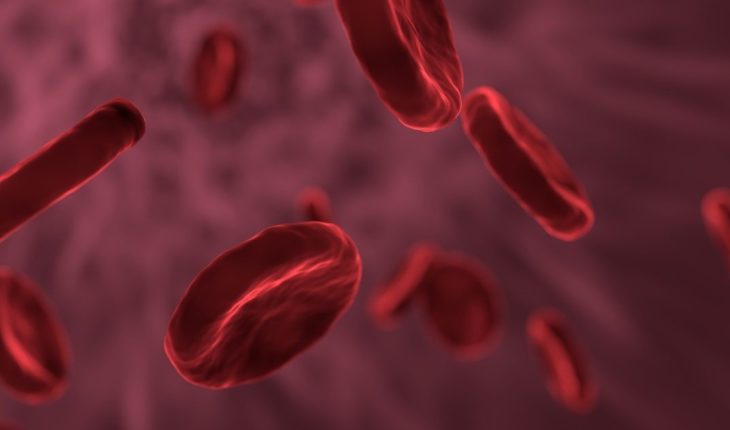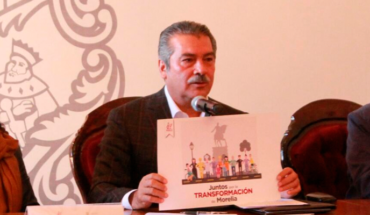in Mexico has a record of 6 thousand 200 patients with hemophilia, of which 5 thousand 91 suffer from hemophilia type A, 722 hemfilia b and other 387 with other disorders of coagulation. Hemophilia can cause constant bleeding, bleeding and bruises on various parts of the body, and if it is not treated properly can generate joint diseases, disability and death. To commemorate the day the hemophilia, the World Federation of hemophilia of the Mexican Republic (FHRM), shared the #ViviendoConHemofilia initiative, in which the dreams of people who suffer from this disease and the barriers that are shared for comply with them.
“For 9 months the FHRM was active #ViviendoconHemofilia campaign for patients to share their dreams of life, demonstrating the necessity of having a comprehensive treatment”, said Alfonso Quintero, President of the FHRM. He added that “the campaign began in June 2018, dreams were received at the Conference in the House of Hemophilia and through social networking, by patients from all over the country; currently they have shared more than 500 dreams. In addition, the media were great allies and carried the message of the necessity of having a comprehensive treatment”.
The FHRM President said that currently there are about 300 patients without access to any kind of public health care. In Mexico, the patients receive heterogeneous attention. The Hemophilia Federation of the Mexican Republic, stressed that they coincide with the diagnosis of the Ministry of health, regarding the importance of unifying the system and guarantee health care to the entire population, by IMSS welfare, always and when that be comprehensive and quality and uninterrupted during the transition. He stressed that 84% of the patients, are catered for on-demand, i.e. only the medication is administered when they present a bleeding, the ideal being the prevention of bleeding through prophylaxis, which only 16% of patients enter. Patients come to suffer discrimination in labour and educational centers due to ignorance of the disease and its complications, limiting their personal development.
In this note:





